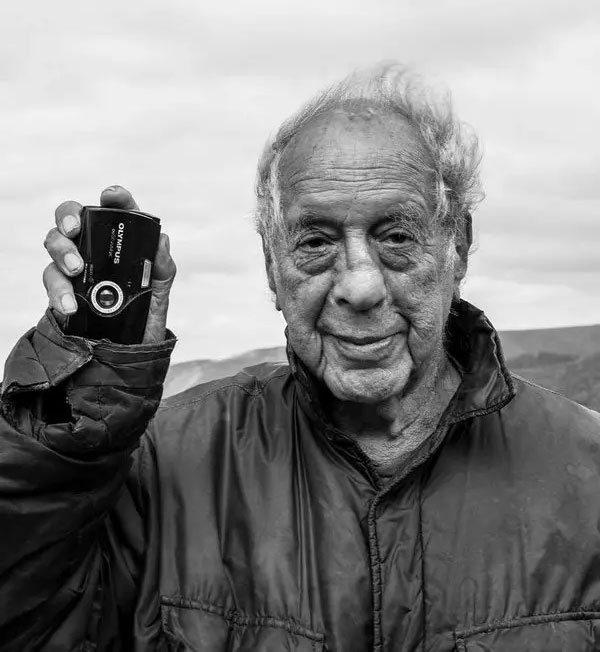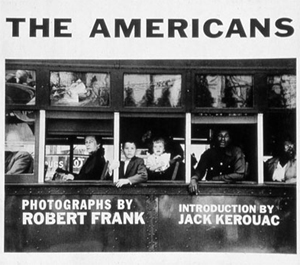The great Robert Frank, a trailblazer who influenced generations of photographers, has died at age 94 of natural causes.

Frank’s The Americans is his magnum opus – a groundbreaking masterpiece which would secure his place as a legendary photographer. The photo book features 83 black-and-white photos, captured with a Leica 35mm rangefinder during a road trip across America in the mid-1950s.
The Swiss-born photographer – born in Zurich on November 9 1924 to Jewish parents – emigrated to America in 1947, landing work as a fashion photographer for Harper’s Bazaar. Growing ‘tired of romanticism’, Frank shifted his focus to documentary photography.
He was awarded a Guggenheim fellowship in 1955, which funded his cross-country trip photographing American life. Travelling 10,000 miles, Frank shot 28,000 exposures with 767 rolls of film, of which he made 1000 prints and ultimately whittled down to just 83 pictures.
‘I was absolutely free just to turn left or turn right without knowing what I would find,’ Frank told The New Yorker. ‘I go into post offices, Woolworths, 10 cent shops, bus stations. I sleep in cheap hotels. Around 7 in the morning, I go to a nearby bar. I work all the time. I don’t speak much. I try not to be seen.’
The book wasn’t an immediate success. Popular Photography magazine described the photos as having ‘meaningless blur, grain, muddy exposures, drunken horizons, and general sloppiness’, and saying Frank is a ‘joyless man who hates the country of his adoption’.
But this criticism is of no surprise. Frank was attempting to go against the, ahem, grain, by capturing the gritty side of America – a contradiction to the ‘picture-perfect’ vision that was being projected across the country.
‘My mother asked me, “Why do you always take pictures of poor people?”’ Frank told The New York Times. ‘It wasn’t true, but my sympathies were with people who struggled. There was also my mistrust of people who made the rules.’
Fra nk’s friend – beat generation writer, Jack Kerouac – wrote the preface of the US edition of The Americans, which no doubt piqued interest from the counter-culture side of America and helped it become a success.
nk’s friend – beat generation writer, Jack Kerouac – wrote the preface of the US edition of The Americans, which no doubt piqued interest from the counter-culture side of America and helped it become a success.
In the 1960s Frank moved into experimental filmmaking. After photographing Rolling Stones album artwork for Exile on Main Street, the rock band (perhaps naively) commissioned him to create a documentary about its 1972 concert tour. This resulted in Cocksucker Blues (1972), which showed the violence, sex, and drugs that characterised the band. Mick Jagger and co hated it, and they obtained a restraining order to limit the screenings.
Both of Frank’s children died tragically, with his daughter killed in a plane crash in Guatamela in 1974. His son, who had schizophrenia, took his own life.
Frank died in Nova Scotia, Canada, where he lived with his second wife, sculptor June Leaf.
Click here to read The New York Times obituary for Robert Frank.





Be First to Comment